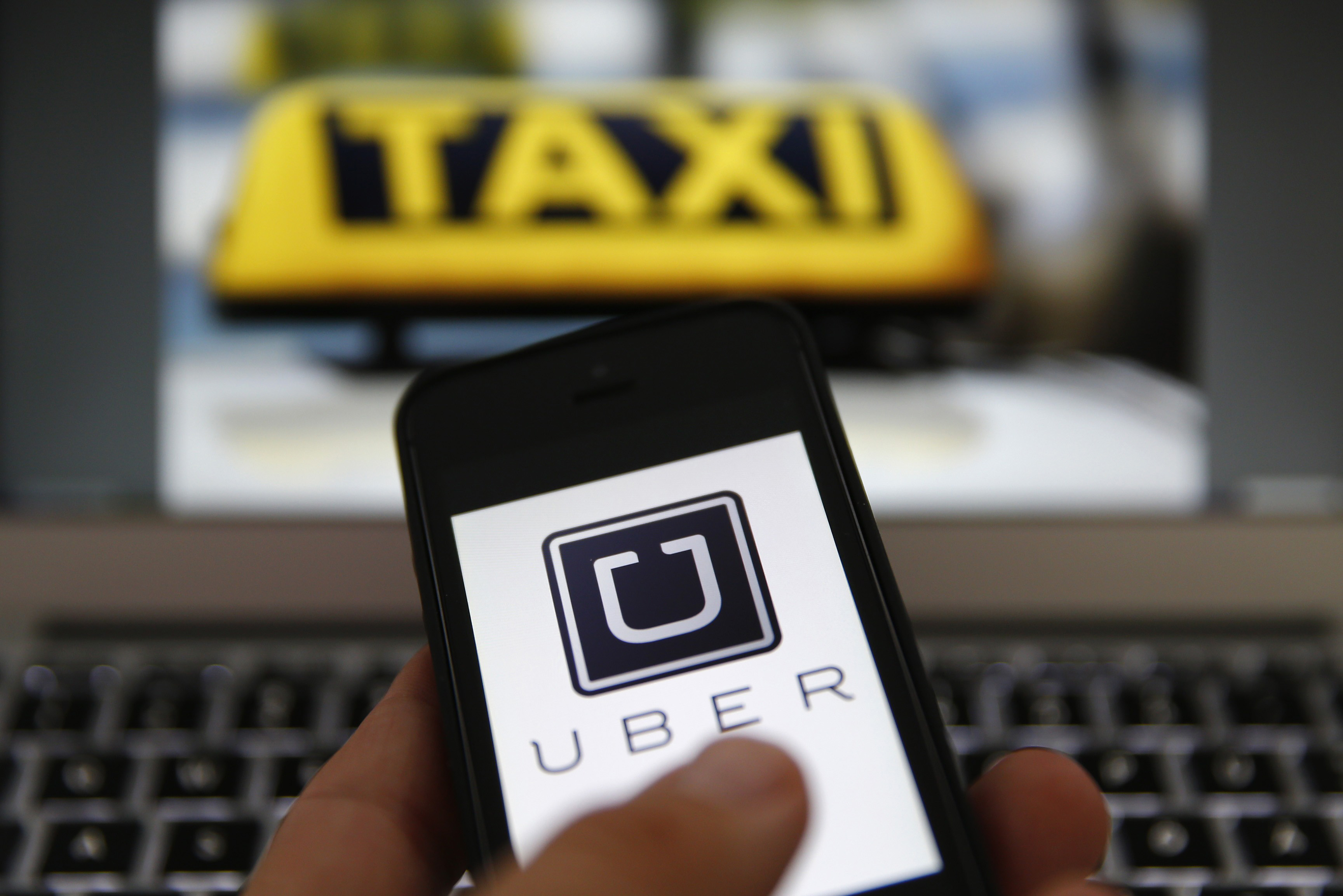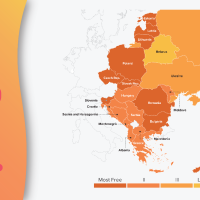
Imagine a world in which everything has to be approved by the parliament, and only then that thing might actually happen. In such a world, there would be no innovations. In a different kind of world, things change first and the laws follow. Recently, the news that the General Advocate has advised the Court of Justice of the EU to recognize Uber as a standard taxi service appeared online. First, we should probably admit that the attorney was doing his job conscientiously.
He examined the defined characteristics of Uber and applied them to the individual boxes of regulations and legislation – and what came out of it was de facto the ban of operations of Uber’s business model. If Uber had fulfilled all the requirements which the authorities wanted to impose on it, Uber would no longer be Uber, but a standard taxi service accessed through an app.
Of course, Uber is not a company from heaven founded by angels. Its employees and owners make mistakes, sometimes behave immorally, and not everyone may be fond of their practices. However, the punishment should be determined by those who are the most competent – its customers and drivers. Only they can delete the Uber app from their smartphones, which is something that cannot be done by a public regulator, who simply prohibits its operation. The question thus remains: should Uber be banned only because it does not fit into the correct box of reference?
A Misunderstanderstood Business Model
Although it isn´t perceived like that, Uber’s business model is significantly different from traditional taxi services. What Uber enabled is an activation of an unused capacity – free cars and free time of people. In other words, it allows amateurs who are not interested in being full-time taxi drivers, but who are able to exchange their spare car and spare time, to get extra income from time to time.
If you need money today, you can become an Uber driver tomorrow, earning money a day after tomorrow. Two days after tomorrow you can quit. While working, you must simply providing a safe, quality service that suits your customers’ needs. This is the added value of Uber. Nevertheless, this added value disappears when we apply exaggerated and bundling regulations of taxi drivers on Uber drivers.
How can an Uber driver driving 10 hours per week afford to buy a taximeter, mark a vehicle, reserve a parking space or even pass various tests and exams? That is not possible. Therefore, Uber offers a free mobile application that tracks the route and price better than a taximeter, a GPS system with an interactive map, which works better than taxi driver’s memory and a taxi can be found without being marked with a yellow lightbox.
Principally, the app is based on a reputation mechanism that creates pressure on quality and sefaty.
The Best Possible World
Nevertheless, one may say that according to today’s laws, Uber belongs in the box titled “taxi service”, therefore it should unconditionally respect current regulations. Only subsequently, it should explain to politicians how its business model works, and then they should adjust regulations from the 19th century to fit 21st century technologies.
This would work in an ideal world. But we do not live in an ideal world and the best possible world should be enough for us. What are the achievable alternatives? Uber could have decided to develop its app and visit all states and governments in the world. In a presentation, it could show to politicians how great this all will work without a taximeter, labeling, and in particularly without a variety of tests and exams. It would explain to them that it can replace and improve all of this.
How many politicians would Uber have to visit? How many of them would be even willing to meet the company? How many of them would believe it? How many of them would write a new regulation and how much of it would be passd through a respective parliament? And most importantly, how much would it all take and who would pay for it? The answer is obvious. In such an alternative world, Uber would not exist and we would not be talking about it.
The second possible world is where Uber comes to a country or a city and initially focuses on satisfying customers and doesn’t care too much about implementation of all the regulations (which it even cannot fulfill within its business model). Then, when it gets some customers and drivers, and convinces them of the functionality and security of its business, then it tries to explain to politicians that it may be time to change regulations.
Yes, it is not an ideal world. Ideally, it would be the opposite. Again, I repeat – we do not live in an ideal world and we have to opt for the best possible one. Which of these two possible worlds would you choose? As an economist, I would choose the second one and here are the reasons why.
What Does the Sharing Economy Bring?
The explanation “everything has been done in accordance with the law” is not a good one to satisfy public spending. We try to find a value of the money spent and we should also act like this in relation to regulations. What is the value of the current taxi drivers’ regulation?
When we see what a proficiency test looks like, featuring questions like: “What is a stock (security), what is and what is not a self-employed contract, and what is the maximum allowed speed in a village?” Similarly, “reflex measurement” works by pressing the keypad during a psychotest.
The sharing economy has shown that much of current regulation needs to be changed, because it works fine without it as well – or even better. In the first possible world we would not even know about it because Uber and other sharing economy services would be prohibited immediately or they would not exist.
Secondly, as it was explained in the introduction, Uber helps to activate resources. An economist would say that the sharing economy moves us closer to the production possibilities frontier. A philosopher would talk about the expansion of a peaceful cooperation of many people. And an ordinary person sees better and cheaper services and a flexible opportunity to make a living. Simply, the sharing economy increases wellbeing in the society.
The third advantage is the potential for future. This is not just about Uber, but also about many other platforms and their non-existent competitors. Who can tell nowadays how are we killing the potential for the future by prohibition? Would Hopin or Liftago be born if they could not be inspired by Uber?
If our ancestors would have thought like this, today we would ride on horses and light candles when the sun sets. If every innovation had to be first approved by a parliament, we would live in a sad world – in a world with minimal innovations.
The article was originally published in Slovak at: http://iness.sk/sk/zakazme-uber-zapriahnime-kone-vratme-sa-na-stromy
Translated by Natália Hlaváčová
























